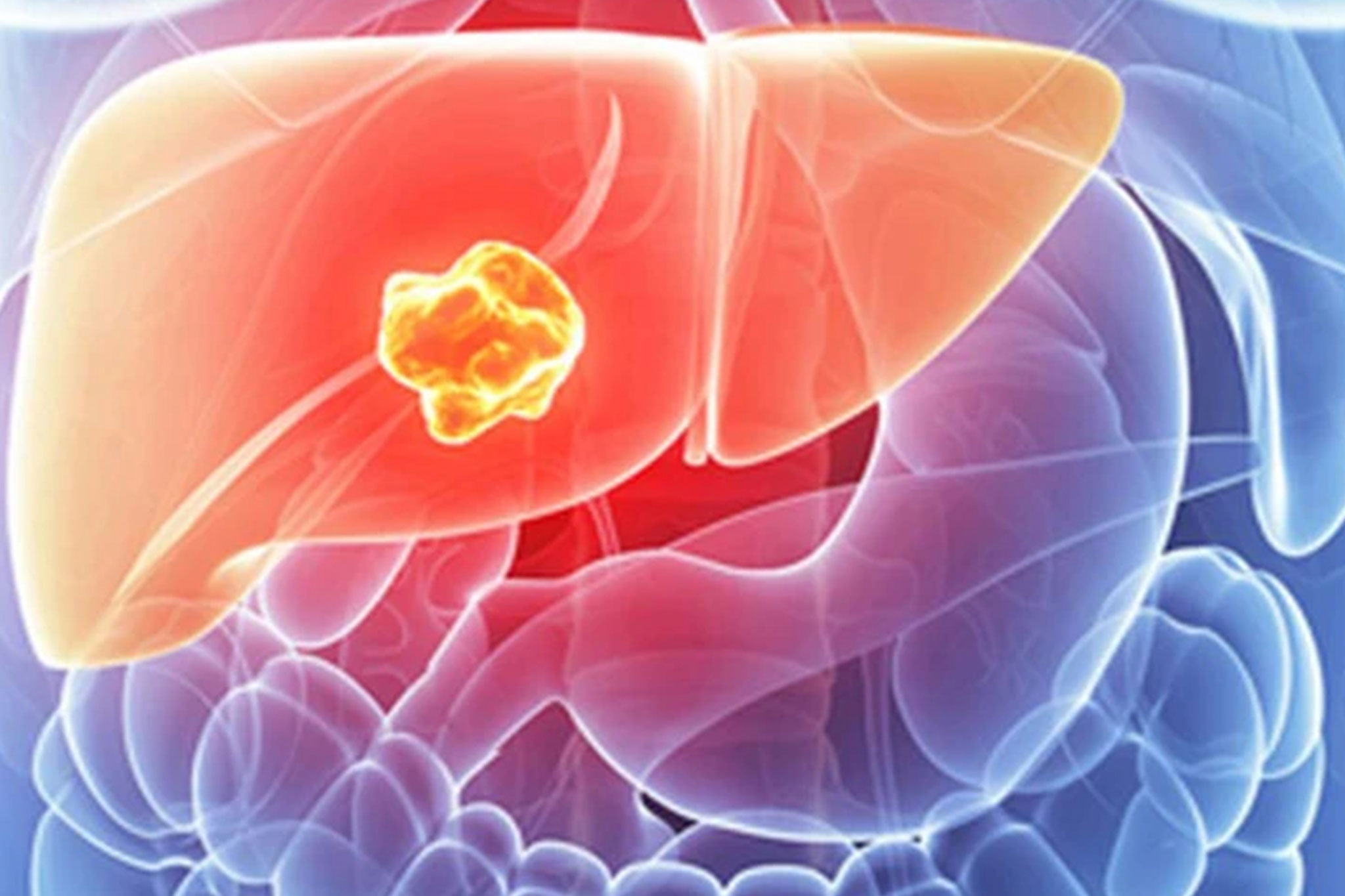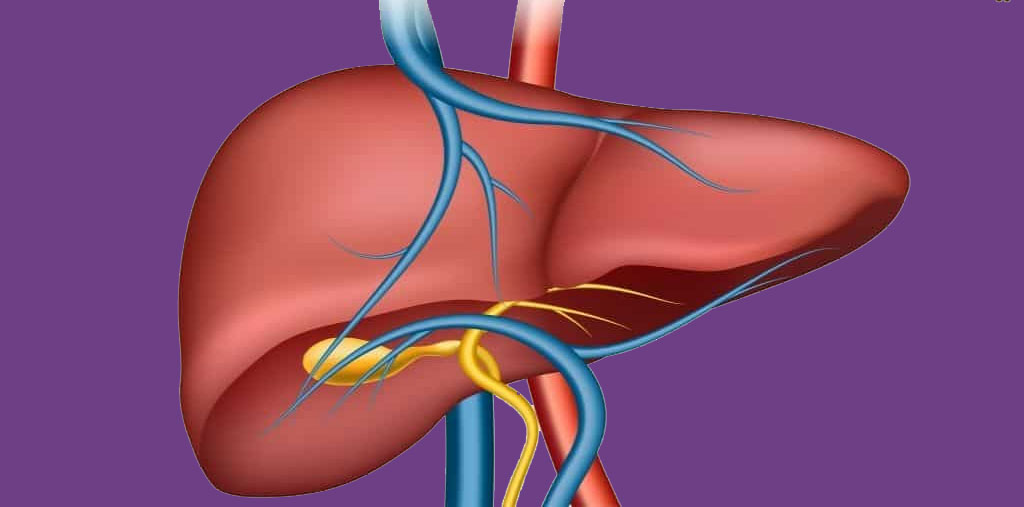Metastatic Liver Cancer
Metastatic Liver Cancer

Metastatic Liver Cancer: Causes and Treatment
Metastatic liver cancer is considered one of the most dangerous diseases affecting liver cells and is among the most common types of cancer. In this article, we will discuss the causes of metastatic liver cancer, whether it can be treated, its diagnosis, and treatment methods, along with highlighting the symptoms and various stages of the disease.

What is Metastatic Liver Cancer?
Metastatic liver cancer is a type of cancer that occurs when cancerous cells from another organ spread to the liver via the bloodstream or lymphatic system. In this case, the secondary tumors (or liver metastases) consist of cancer cells that originated in another part of the body before spreading to the liver. These metastases can come from various types of cancer, such as lung, colon, or breast cancer.
Causes of Metastatic Liver Cancer
The main cause of metastatic liver cancer is the cancerous cells that spread from other parts of the body. Some of the most common types of cancer that cause liver metastases include:
- Colon and rectal cancer:
One of the most common causes of cancer cells spreading to the liver.
- Lung cancer:
Can spread from the lungs to the liver through the bloodstream.
- Breast cancer:
In some cases, cancer cells from the breast can reach the liver.
- Pancreatic cancer:
This is also a cause of metastatic liver cancer.
It is important to know that having cancer in the liver does not necessarily mean the cancer cells originated in the liver itself; they may be metastases from another type of cancer.
Stages of Metastatic Liver Cancer
Like most types of cancer, metastatic liver cancer is classified into stages based on the size of the tumor and the extent of its spread. The main stages of metastatic liver cancer include:
- Stage 1:
The metastatic cancer cells are small and localized in a specific area of the liver.
- Stage 2:
The tumor begins to spread to other parts of the liver.
- Stage 3:
Cancer may spread to surrounding tissues or nearby organs.
- Stage 4:
This is the most advanced stage, where cancer spreads to distant parts of the body.
Symptoms of Metastatic Liver Cancer
The symptoms of metastatic liver cancer vary depending on the tumor's size and location. However, some common symptoms include:
- Pain in the upper abdomen:
The pain may be constant or intermittent.
- Unexplained weight loss.
- General fatigue and tiredness.
- Yellowing of the skin and eyes (jaundice).
- Abdominal swelling due to fluid buildup.
- Loss of appetite.
Diagnosis of Metastatic Liver Cancer
To diagnose metastatic liver cancer, a variety of liver imaging tests are used to detect the presence of tumors. Some of the key tests include:
- CT Scan (Computed Tomography):
Helps detect tumors in the liver, determining their size and location.
- Magnetic Resonance Imaging (MRI):
Provides detailed images of tumors and helps in studying tissue structure.
- Ultrasound:
Used to detect any changes in the liver’s size or shape.
- Blood tests:
These can show elevated liver enzyme levels, indicating a problem with the liver.
Treatment of Metastatic Liver Cancer
The treatment options for metastatic liver cancer vary depending on the size of the tumor, its location, and how far it has spread. Treatment options include:
- Surgery:
If the cancer is localized to a small area of the liver, surgery may be the best option to remove the tumor.
- Radiation therapy for the liver:
Stereotactic body radiation therapy (SBRT) can be used to treat liver metastases by precisely targeting radiation at the tumor to destroy cancerous cells.
- Chemotherapy:
This is used in some cases to shrink the tumor or limit its spread. However, the question "Does chemotherapy eliminate metastases?" remains uncertain in many cases, as it depends on the tumor type and the body's response.
- Targeted therapy:
This involves using drugs that specifically target cancer cells to shrink the tumor.
- Immunotherapy:
